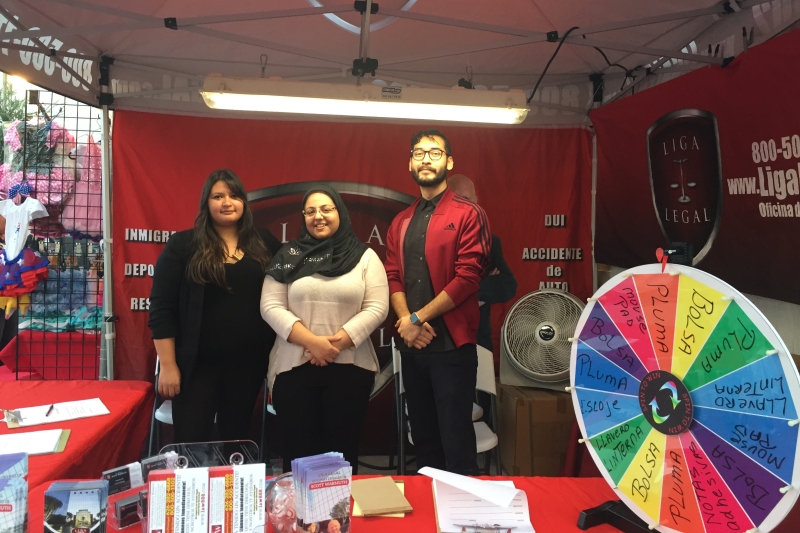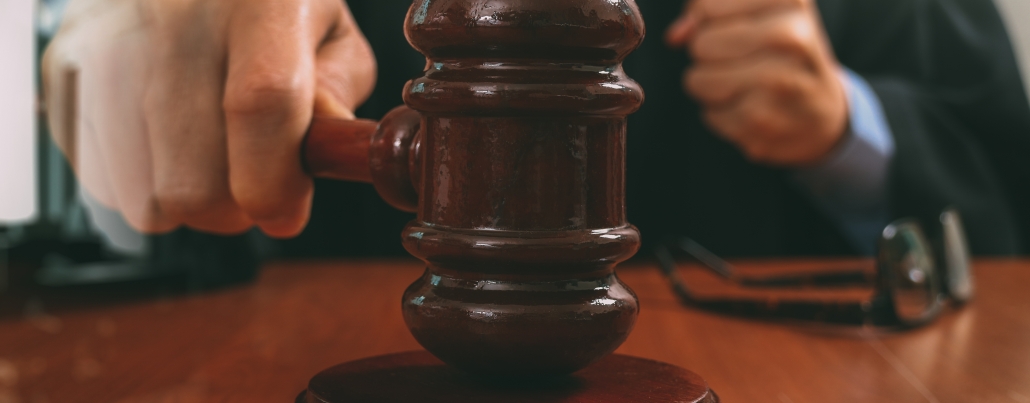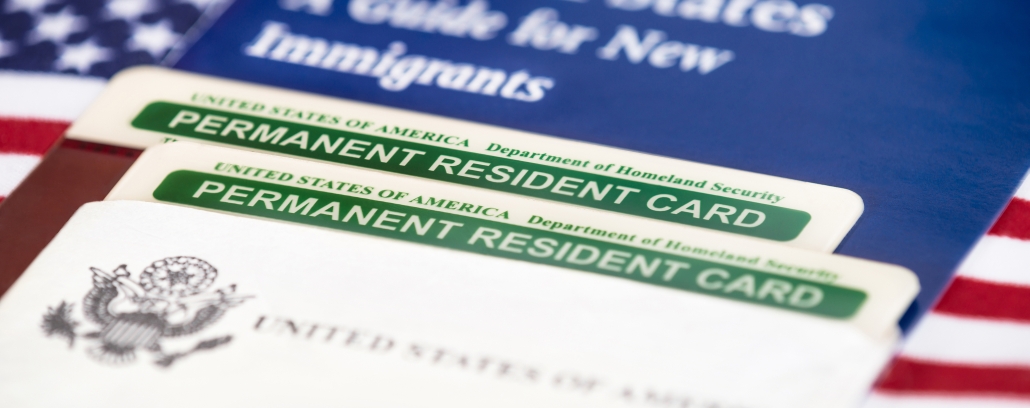[vc_row][vc_column][vc_column_text]Car accidents happen, and if your driving is determined to be the cause of a crash, several negative consequences can follow. It's in every driver's best interest to not be the cause of a car accident. We have some driving tips that can be used to prevent some of the most common causes of car accidents.
Drunk Driving
Not only is drunk driving one of the most common causes of car accidents, it is also one of the most deadly. Please do not drink and drive. Penalties for drunk driving are severe and could land a perpetrator in prison.
Distracted Driving
Not paying enough attention to the roads is a quick way to cause an accident. The use of handheld devices while driving is illegal in California due to the dangers it poses. Talking on the phone without the use of a hands-free setup and texting can lead to fines by law enforcement. Other examples of distracted driving include things as simple as using a GPS and adjusting the radio station or climate control. Always do your best as a driver to pay attention to the road.
Speeding
Driving too fast can cause accidents, and the faster you're going, the more likely a crash is to involve serious injuries. Pay attention to posted speed limits and always consider the driving conditions.
Weather
Speaking of driving conditions, rain, snow, and fog can lead to dangerous driving conditions. Slow down and turn on your headlights! Wet roads are slippery roads, making it harder to stop a moving car. Fog limits visibility, making it less apparent that you need to stop. For inclement weather, be sure to only use your low beams and fog lights. High beams, or brights, will actually harm your visibility and poses a danger to other drivers.
Not Following Traffic Instructions
Many crashes happen because a driver ignores traffic signals or other posted signs. Many times these types of accidents occur in conjunction with drunk or distracted driving as well. Every driver should know that a red light means stop, but if you're reading a book while driving you might not notice the red light coming up. Following the rules of the road can prevent many of these types of accidents.
Reducing the Risk of Common Causes of Car Accidents
Topics: Auto Accident
Nov 02nd, 2018














